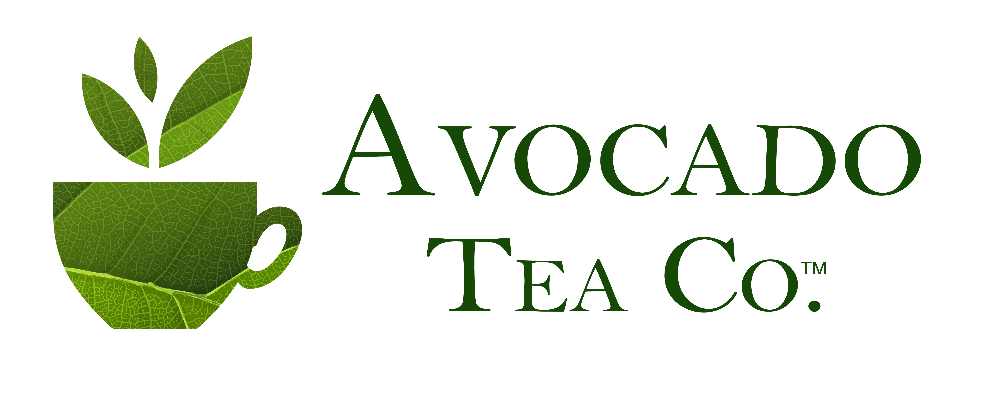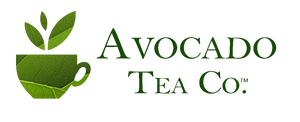🧠 Epilepsy in the U.S. and a Natural Remedy You’ve Probably Never Heard Of
Epilepsy is a common but often misunderstood neurological disorder that affects nearly 3.4 million people in the United States. That’s about 1 in 26 Americans who will be diagnosed with epilepsy during their lifetime.
Epilepsy causes unpredictable seizures that vary in severity and frequency. While some seizures are mild, others can be intense and even life-threatening. Along with the physical risks, epilepsy can also increase chances of brain infections, dementia, and cognitive decline.
Although medications exist, they’re not always effective. In fact, 30–40% of people with epilepsy continue to have seizures even while on medication due to drug resistance. Because of this, researchers and individuals alike have turned their attention to natural alternatives that could support brain health and help reduce seizures.
🌿 Traditional Medicine: How Avocado Leaves Are Used in Africa
You’ve probably heard of the health benefits of eating avocados, but did you know that avocado leaves have long been used in traditional medicine across Africa?
In African ethnomedicine, avocado leaf extract has been used as a natural remedy for childhood convulsions and epilepsy. Healers would prepare a liquid extract from the leaves and administer it to those suffering from seizure disorders.
Modern science is now catching up with this traditional knowledge—and the findings are promising.
🔬 The Science: Avocado Leaf Extract as an Anticonvulsant
In a groundbreaking 2006 study by scientists from the University of Zimbabwe, researchers tested the anticonvulsant effects of avocado leaf extract on mice.
Seizures were chemically induced in mice using substances like pentylenetetrazol (PTZ), picrotoxin (PCT), and bicuculline (BCL). The mice were then treated with avocado leaf extract and compared to those given traditional anticonvulsant drugs like Phenobarbitone and Diazepam.
The results were eye-opening:
-
The avocado leaf extract delayed the onset of seizures, particularly in the PTZ and PCT-induced models.
-
It showed comparable effects to Phenobarbitone and Diazepam in reducing seizure severity.
-
The extract had weaker effects on BCL-induced seizures, suggesting specificity in how it works in the brain.
Researchers concluded that avocado leaf extract may enhance GABAergic neurotransmission, a key mechanism in many anticonvulsant medications.
🥑 What This Means for Natural Health Advocates
While more research is needed—especially in human clinical trials—this study gives pharmacological support to the traditional use of avocado leaves in managing epilepsy and seizures.
For anyone seeking natural wellness solutions, avocado leaf tea may offer additional health benefits beyond antioxidants and anti-inflammatory effects—it could one day be explored as a complementary support for neurological health.
✨ Final Thoughts
Epilepsy is a serious condition that requires medical diagnosis and care, but natural options like avocado leaf extract show real potential for the future of brain health support. Whether you’re seeking balance through diet, herbs, or holistic practices, the humble avocado tree may offer more than just fruit—it could support a healthier brain and nervous system.

Avocado leaf extract tested as an anticonvulsant
In 2006, scientists from the Department of Pharmacology at the University of Zimbabwe in South Africa released a study specifically on the effects of avocado leaf extract and the effects it has on on epilepsy.
This research was done on mice when they were induced with pentylenetetrazol (PTZ), picrotoxin (PCT), or bicuculline (BCL) to cause seizures within mice. Avocado leaf extract was then compared to two common anticonvulsant medicines, Phenobarbitone and Diazapam.
Similar to the Phenobarbitone and Diazapam, the avocado leaf aqueous extract significantly delayed the onset of, and antagonized, pentylenetetrazole (PTZ)-induced seizures. The plant's leaf extract also profoundly antagonized picrotoxin (PCT)-induced seizures, but only weakly antagonized bicuculline (BCL)-induced seizures.
The study concluded:
Although the data obtained in the present study do not provide conclusive evidence, it would appear that 'avocado' leaf aqueous extract (PAE) produces its anticonvulsant effect by enhancing GABAergic neurotransmission and/or action in the brain. The findings of this study indicate that Persea americana (aka the avocado leaf) aqueous extract possesses an anticonvulsant property, and thus lends pharmacological credence to the suggested ethnomedical uses of the plant in the management of childhood convulsions and epilepsy.









